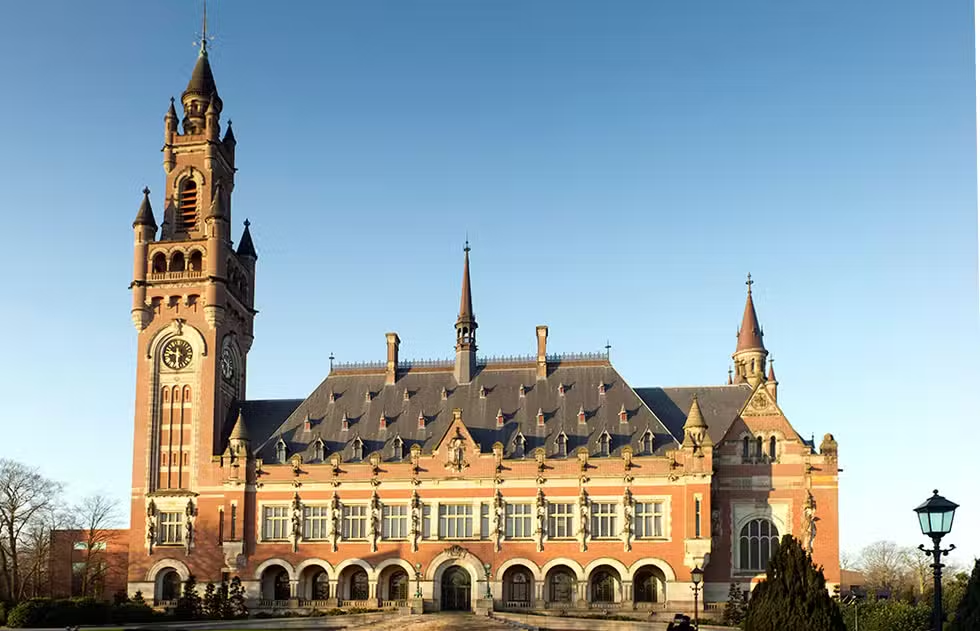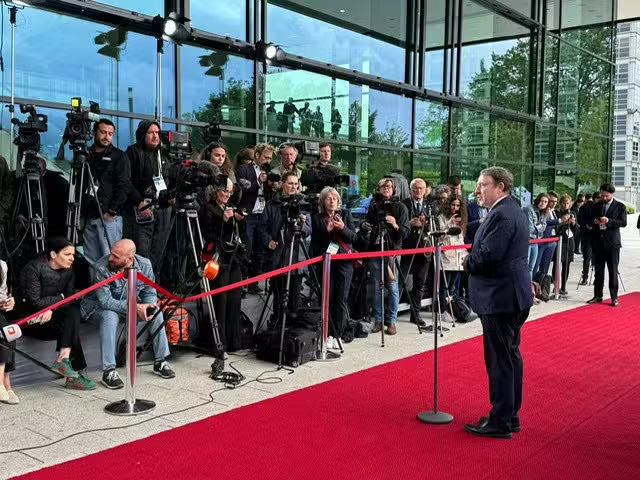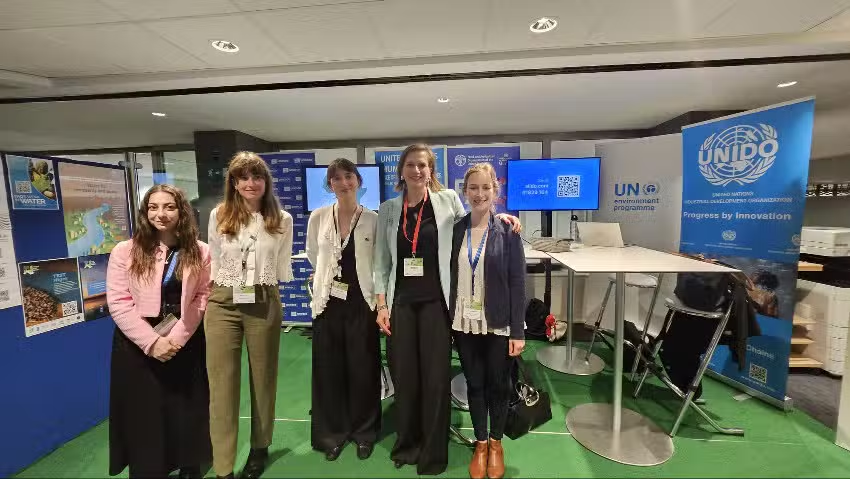Spain became, on 6 May 2024, the third European country, after Belgium and Ireland, to announce its intention to join South Africa’s case at the International Court of Justice (ICJ), accusing Israel of genocide in the Gaza Strip.
South Africa filed its case on 29 December 2023. It alleged that Israel was breaching the Convention on the Prevention and Punishment of the Crime of Genocide in its military assault. The offensive has destroyed large parts of Gaza, killed thousands of civilians and led to massive displacements of the population. The lack of access to international humanitarian aid is also causing starvation in Gaza, where famine is looming according to UN reports.
The Court ordered on 24 May 2024 Israel to immediately halt its military offensive in the southern Gaza city of Rafah. So far, Israel has not complied to the ruling.
Spain joining 11 other countries
Spain is joining 11 other countries that have either announced or filed a “declaration of intervention” in the case at the ICJ to take part in the proceedings.
Among them, Nicaragua, Colombia, Mexico, Libya and Palestine have filed formal requests and are waiting for the International Court of Justice in The Hague, Netherlands, to grant approval to join the case.
Others have taken a political stance by announcing their intention to join the case in support of South Africa, such as Belgium, Türkiye, Egypt, Maldives, Ireland, Chile and now Spain. But their declarations of interventionsstill have to be filed with the ICJ.
As a signatory to the 1948 Convention on the Prevention and Punishment of the Crime of Genocide, Belgium has announced, through its Minister of Foreign Affairs, that it will provide the ICJ, as the UN tribunal responsible for settling disputes between states, with its interpretation of genocide.
Hadja Lahbib, Belgium’s Minister of Foreign Affairs, declared on 11 March that “Belgium’s foreign policy must continue to distinguish itself as a fervent defender of respect for international law, and it is in this spirit that I am asking for intervention. Because there can be no double standards when it comes to human life”.
- . Nicaragua: applied to join on 8 February
- . Belgium: declared intention to join on 11 March
- . Ireland: declared intention to join on 27 March
- .Colombia: applied to join on 5 April
- . Turkey: declared intention to join on 1 May
- . Libya: applied to join on 10 May
- . Egypt: declared intention to join on 12 May
- . Maldives: declared intention to join on 13 May
- . Mexico: applied to join on 28 May
- . Chile: declared intention to join on 2 June.
- Palestine: applied to join on 3 June
- . Spain: declared intention to join on 6 June
Intervention in the case by other parties: how does it work?
Two forms of intervention are possible under the Court’s Statute, as set out in Article 62 and Article 63. If a country other than the original parties has an interest of a legal nature for a given case, it can request to participate under Article 62 of the Statute of the Court. If the Court grants the request, it becomes a party to the case. So far, Nicaragua and Palestine have requested permission to intervene under Article 62 of the Statute of the Court in the case South Africa v. Israel.
The other form of intervention is linked to Article 63 of the Court’s Statute, regarding the “construction of a convention to which States other than those concerned in the case are parties is in question” (in this case the Genocide Convention), any State, signatory to the convention, has the right to intervene in the proceedings. If a State uses this right under Article 63, the judgment of the Court will be equally binding to them. Colombia, Libya, Mexico and Palestine filed declarations of intervention under Article 63.
In its declaration submitted to the ICJ, Colombia is for instance stating that the Genocide Convention is “a cardinal instrument of international law” and is contending that the case “raises vital issues concerning the interpretation and application of several provisions of the Genocide Convention”.
In accordance with Article 83 of the Rules of Court, South Africa and Israel have been invited to provide written observations on these declarations of intervention. The ICJ has not granted any of the requests so far.








